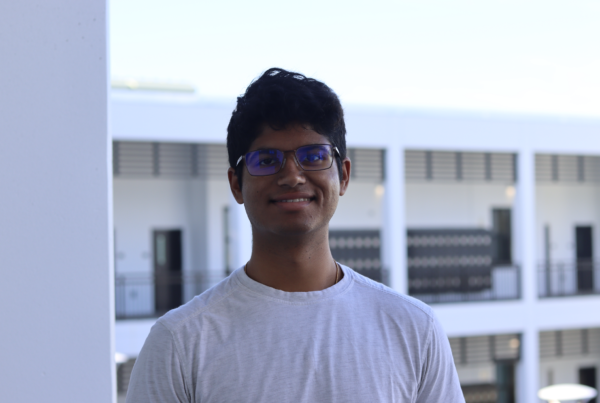Over the past few years, the college admissions process in the United States has been completely shaken up. With the release and subsequent wide-spread usage of generative AI, students have begun to incorporate AI into their college admissions process.
Although many view using generative AI to write college essays as cheating, it might just be leveling the playing field. For decades the wealthy have had an upper hand in the US admissions process by being able to hire college counselors. These counselors help students craft applications and edit essays in a way which makes them more appealing towards colleges. In a system which values these essays so greatly, historically, poorer students have been at a disadvantage.
Now, with generative AI being able to generate decent essays for those who know how to properly command it, the essay writing aspect of college counselors has been made accessible to students everywhere. A downside, however, is that now colleges have no way of knowing who wrote a student’s college essays and have no way of assessing writing ability. AI detectors can be used, but there is an ethical consideration when implementing them.
According to Wired Magazine, “as you increase the sensitivity of the instrument to catch more AI-generated text, you can’t avoid raising the number of false positives.”
Even one of these false positives can result in a permanent stain on a student’s academic career, a risk that is too large to take when dealing with a person’s future.
OpenAI, the parent company of ChatGPT, pulled their AI detector from the market because of “a high rate of human-derived text that the application flagged as written by AI.”
Based off of these events, it is quite clear that in their present state, AI detectors cannot be implemented on a wide scale to police the use of AI, especially in the life-altering process of college admissions.
So, what can be done? It’s actually pretty simple. If colleges can no longer determine the quality of writing from essays, then they have one of two options: only consider the content and quality of ideas and/or become more interview facing. Interviews done either in-person or via a videoconferencing platform will allow colleges to get a better sense of an applicant and will mitigate any issues of authenticity posed by AI.
Some universities have already begun to go towards this direction. Duke University recently announced that because of AI and college counselors, they will no longer be assigning numerical values to applicant’s essays based on the quality of their application.
With colleges beginning to shift towards this new style of admissions, students will have to adjust to showcase output which they have gained from their experiences and extracurriculars rather than being able to somewhat rely upon writing a very persuasive essay.


